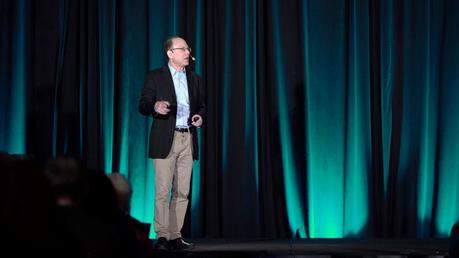What about fiber on a low-carb diet? How much do we need? What are the origins of the idea that it is good for us? What are the guidelines? What is the totality of the evidence? What are the claimed mechanisms by which fiber could be of benefit? And when did all of this start?
In this presentation from the Low Carb Denver 2019 conference, Dr. Zoë Harcombe walks us through the background to the guidelines for fiber.
This is our fifth posted presentation from the Low Carb Denver conference that ended a few weeks ago. We’ve previously posted the presentations by Gary Taubes, Dr. Andreas Eenfeldt, Dr. Sarah Hallberg and Dr. David Ludwig.
Transcript of the preview above
Dr. Zoë Harcombe: And we are asked to eat starchy foods which then replenishes our glycogen. That’s the many sugars of the digestible form. And we then have indigestible many sugars and they come in a soluble version which would be things like beans or oats and that means they dissolve or swell in water and then there is an insoluble version which would be more like bran.
Now actually I should have put the toilet next to both of those because both the soluble and the insoluble fiber, this is what fiber is, that’s the circle of fiber, both of them end up down the toilet. Doesn’t it immediately make you think, perhaps fiber isn’t quite so good for us after all?
Some of you will be familiar with this famous quote from the panel on macro nutrients 2005, “The lower limit of dietary carbohydrate compatible with life apparently is zero.” We don’t need carbohydrate, it is not an essential nutrient provided that enough fat and protein are consumed. So, we’ve just immediately seen that fiber is a subset of carbohydrates.
So, we have no need for carbohydrate, we have therefore no need for fiber and very kindly the most recent American dietary guidelines 2015 to 2020 reinforced this for us. So, first of all they just defined what an essential nutrient is, something that we must consume, we cannot synthesize it in the body and then they very kindly added dietary fiber while not essential. So, we have the situation that dietary fiber is not essential.
Transcript
Watch a part of our presentation above. The full video is available (with captions and transcript) with a free trial or membership:What about fiber? – Dr. Zoë Harcombe More videos from the Low Carb Denver conference is coming, but for now, check out our recorded livestream featuring all the presentations, for members (Join free for a month):
Low Carb Denver 2019 livestream
Join free for a month to get instant access to this and hundreds of other low-carb videos. Plus Q&A with experts and our awesome low-carb meal-plan service.Low Carb Denver 2019
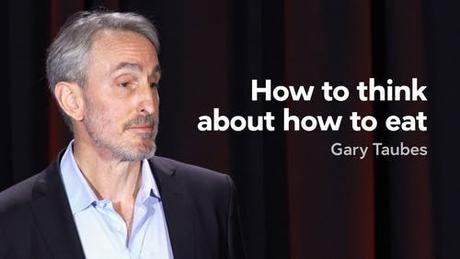
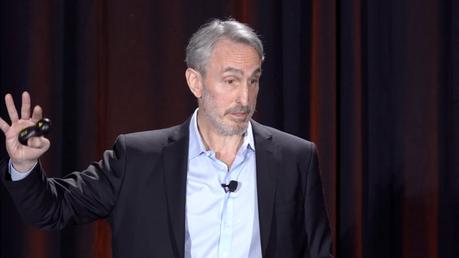 ">How to think about how to eat — Gary Taubes30:34In this presentation from the Low Carb Denver conference, the amazing Gary Taubes talks about the conflicting dietary advice we are given and what to make of it all.
">How to think about how to eat — Gary Taubes30:34In this presentation from the Low Carb Denver conference, the amazing Gary Taubes talks about the conflicting dietary advice we are given and what to make of it all.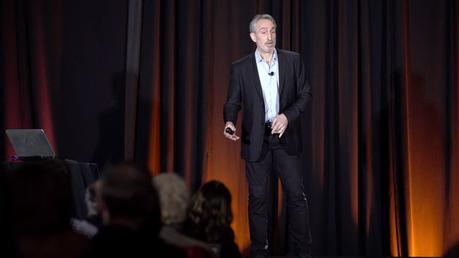
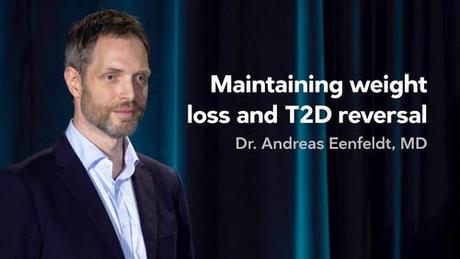
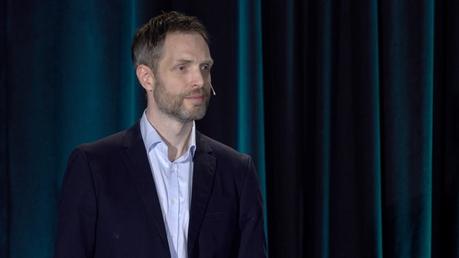 ">Weight loss and type 2 diabetes reversal on low carb – is it sustainable?31:51In this presentation, Dr. Andreas Eenfeldt goes through the scientific and anecdotal evidence, and also what clinical experience tends to show, regarding the long-term effects of low carb.
">Weight loss and type 2 diabetes reversal on low carb – is it sustainable?31:51In this presentation, Dr. Andreas Eenfeldt goes through the scientific and anecdotal evidence, and also what clinical experience tends to show, regarding the long-term effects of low carb.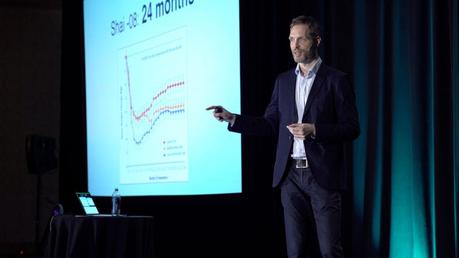
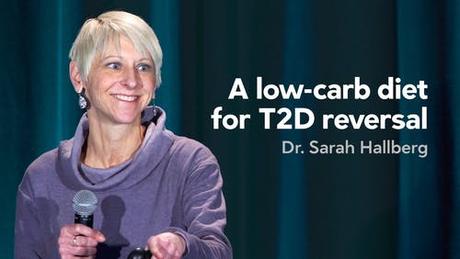
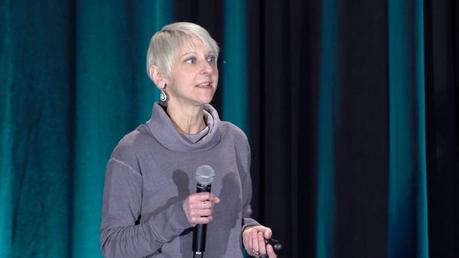 ">A low-carb diet for T2D reversal – Dr. Sarah Hallberg34:15What is the best approach to type 2 diabetes reversal? In this presentation, Sarah takes us on a deep-dive into the matter and she puts studies and evidence under the microscope.
">A low-carb diet for T2D reversal – Dr. Sarah Hallberg34:15What is the best approach to type 2 diabetes reversal? In this presentation, Sarah takes us on a deep-dive into the matter and she puts studies and evidence under the microscope.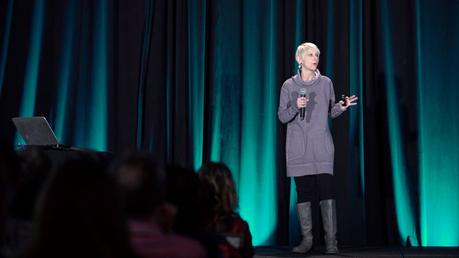
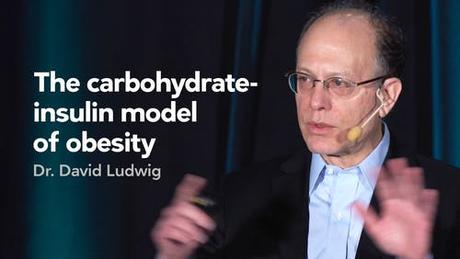
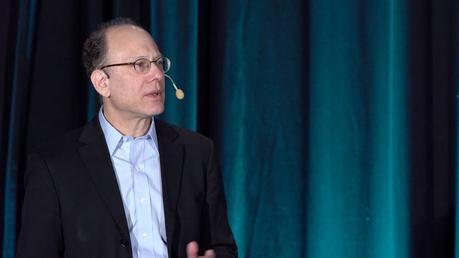 ">The carbohydrate-insulin model of obesity — Dr. David Ludwig37:54In this presentation from the Low Carb Denver 2019 conference, Dr. David Ludwig walks us through the latest discoveries on how weight gain and weight loss actually work in practice.
">The carbohydrate-insulin model of obesity — Dr. David Ludwig37:54In this presentation from the Low Carb Denver 2019 conference, Dr. David Ludwig walks us through the latest discoveries on how weight gain and weight loss actually work in practice.